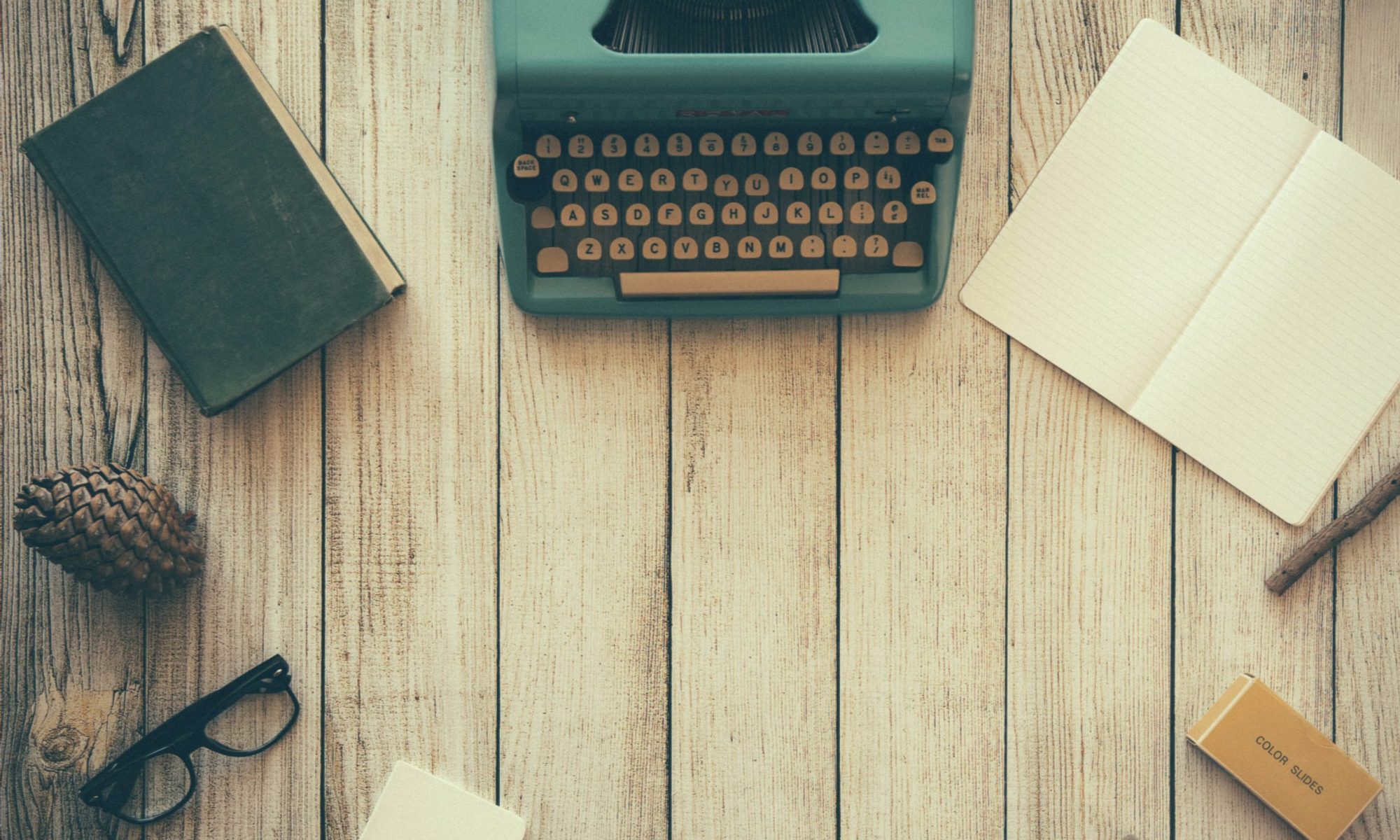Adopted April 3, 2001; Last Amended November 7, 2012
I. Applicability
II. Policy
III. Enforcement
IV. Infringement Litigation
V. Changes to This Policy
I. Applicability
This policy applies to Tufts’ faculty, students, administrators and academic, technical and office staff and other persons or entities performing collaborative work or service for the University, whether compensated by the University or not.
This policy extends to all works of authorship and creativity covered by federal copyright law. These works include print (e.g., books) and electronic documents, software (including source code and object code), databases, multimedia and audiovisual materials, photographs, music, works of drama, works of art (sculpture), among other types of creative works.
II. Policy
As the fundamental purposes of the University include the creation, compilation, and preservation of knowledge in permanent and transmissible forms and the circulation and diffusion of such knowledge to the University community and to the global community, the University holds in the highest regard the rights that govern the creation and diffusion of knowledge, and the laws that define and enforce them. This regard applies to both the rights of creators in and to their creations (copyright) and the rights of students, faculty, researchers, and scholars to avail themselves for legitimate purposes of others’ creations (fair use).
The policy of Tufts University is as follows:
Members of the Tufts community are expected to comply with the copyright laws and be mindful of the restrictions imposed on them by copyright law as well as the rights conferred on them by the fair use exemption to the copyright laws.
For more information, see the Scholarly Communication website.
III. Enforcement
Reports of possible infringement should be made to the Provost. Members of the Tufts University community who violate this policy may be subject to disciplinary action, among other possible penalties. If the University is notified by a copyright owner, publisher, distributor, or law enforcement agency of possible infringement, the Provost’s office, or its designee, will direct an investigation, require the violator to correct any infringement, and may impose disciplinary action on the responsible parties.
IV. Infringement Litigation
Congress and copyright owners take infringement very seriously, and statutory penalties can be draconian. “Statutory” damages (as opposed to “actual” damages, which must be proved with evidence) may be elected by the plaintiff copyright owner and can be as much as $30,000 per infringed work; in cases of willful infringement, the court may increase an award of statutory damages to any sum up to (and including) $150,000. Statutory damages are not imposed, however (under a specific statutory exclusion), in any case where an employee of a nonprofit educational institution or library acting within the scope of her/his employment “believed and had reasonable grounds for believing” that her/his use of the copyrighted work was fair use (even though it was in fact an infringement). Whether such belief was “reasonable” under the circumstances is a factual matter that a reviewing court will determine in case of dispute. Willful infringement of copyright for “commercial advantage or private financial gain” may be criminal, and conviction can result in fines and imprisonment. The creators and distributors of “content” in the electronic age may pursue very actively infringement actions against individuals and institutions.
V. Changes to This Policy
The University reserves the right to change this policy from time to time. Proposed changes should be recommended to the Provost. The Provost must approve any changes to this policy.
